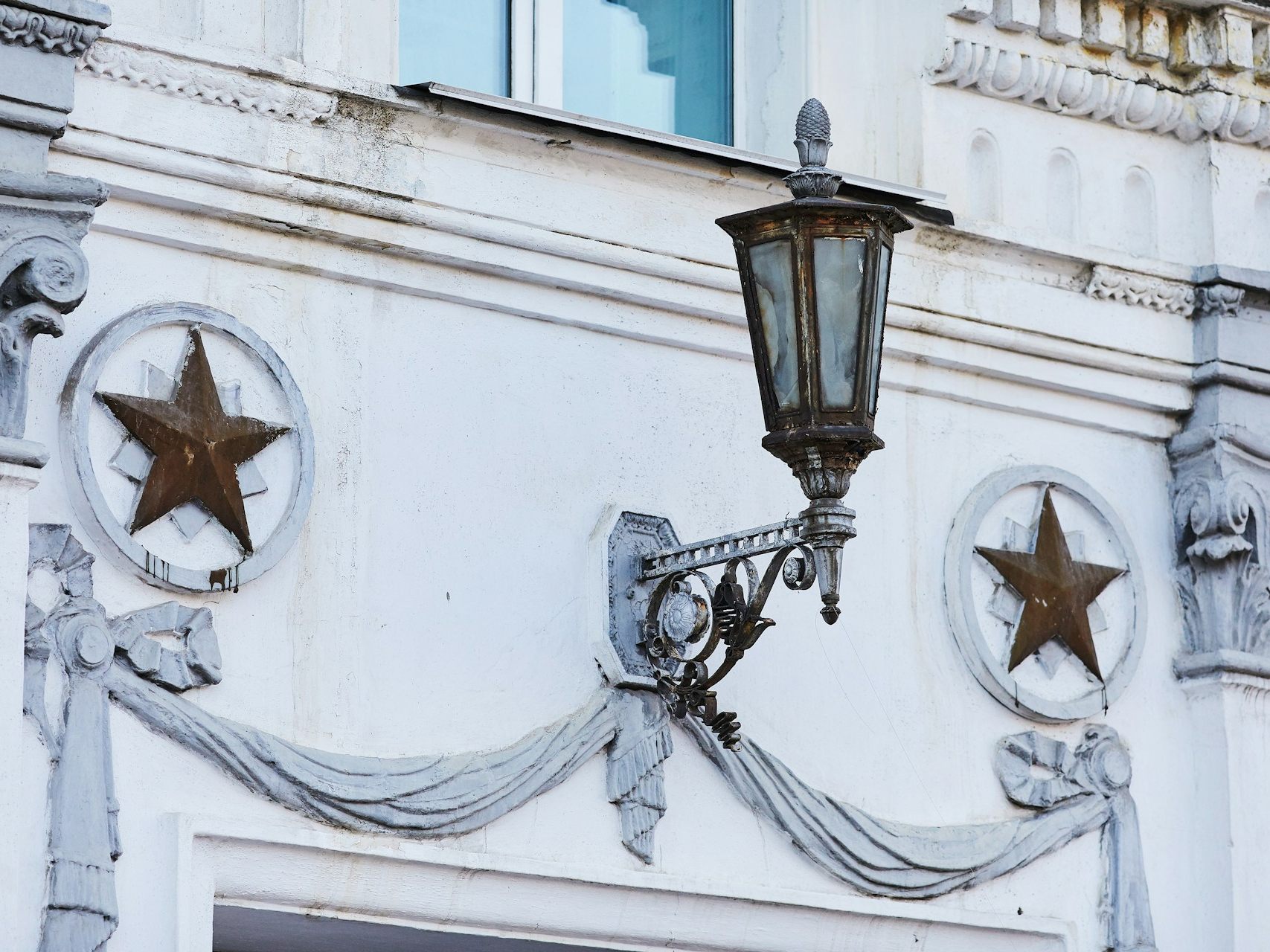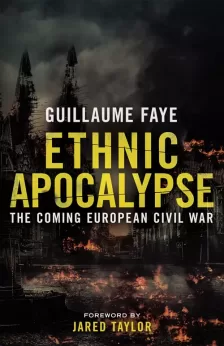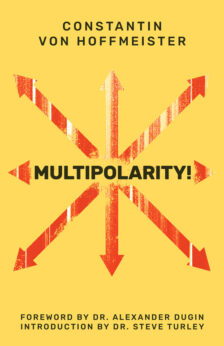The German Slavic scholar Hans Hecker has just published a volume on Russian universal history from 1840 to 1965. This Russian historical science reveals the vision of universal history that inspired many Russian historians under both the tsars and the Soviets. From the 1940s to the present day, Russian universities have developed a conception of universal history, the conceptual and methodological foundations of which were laid by the historian Timofey Nikolayevich Granovsky. Granovsky is the founder of this modern Russian universal history. It is based on four main ideas:
- Submitting to a strict and critical scientific approach and promoting a methodological openness to all disciplines that can enrich historical science
- Highlighting Russia’s backwardness in terms of political culture and defending the view that historical science can guide Russian society in the direction of liberation
- Complementing the ‘Romano-Germano-centrism’ of Western European historical science and illustrating the role of the Slavic element in European history. This will create a Russian ‘view’ of universal history.
- Aligning oneself with a ‘liberal’, evolutionary and legalistic conception of society and politics, a conception which opposes the vision of an ‘individual-citizen’ anchored in a constitutionalist city to autocracy on the one hand and revolutionary radicalism on the other.
From then on, the Russian Universalgeschichte (universal history) was inspired by Western European ideas. The sociological basis that would promote this vision of history in Russian society was the raznochintsy1 intelligentsia, determined to overcome the political, social and economic difficulties specific to Russia. The scientific result of this ‘cultural revolution’ was that Russia provided Western Europe with new elements for understanding its own historical destiny and laid the foundations for a comparative study of Russian and Western European history.
After the October Revolution of 1917, Russian historians who had not gone into exile were able to work without trouble for a few more years. The new government called on them to provide a scientific framework for the new Marxist historical science. Little by little, however, Marxist-Leninist doctrinal pressure sterilised this Russian ‘universal history’. After about ten years, the themes ceased to be varied and the methods lost their diversity. It was not until 1934 that Stalin rehabilitated these ‘third-generation’ historians in the name of ‘Soviet patriotism’. On condition, however, that they taught the dogma of the 1917 Revolution as the crowning achievement of all the other European revolutions, as the culmination of all the revolutionary aspirations that had been shaking the European scene since the end of the Middle Ages.
Russian universal history was taught by ‘politicised professors’ who skilfully blended historical science with political commitment. The advent of Marxism as a state philosophy politicised historical science and, ipso facto, depoliticised the historian, turning him into a pure propaganda tool. But it seems to us that it is, above all, the third master idea of the Russian Universalgeschichte that should attract our attention. Whether we like it or not, our vision of history remains ‘Carolingian’, i.e. centred on the territory where Charlemagne reigned. There is a lack of understanding in the West, especially in France, England and Spain, of the dynamics of Greek-Byzantine, Scandinavian, Turanian and, of course, Slavic history.
The Slavophile movement sought to correct this Carolingian reductionism. The most significant historian of this movement was Aleksey Stepanovich Khomyakov (1804-1860). Descended from an old noble family, he studied philosophy and, in particular, the ‘theories’ of Schelling and Hegel. Khomyakov shared many of the postulates put forward by ‘liberal’ historians: method, German Romanticism, organicist populist ideas, etc. He rejected eschatological interpretations of history. Although the Orthodox religion did not, strictly speaking, give rise to an interpretation of history, Khomyakov’s vision remained marked by the popular religiosity of peasant and Orthodox Russia. From this perspective, he criticises the notion of the ‘Middle Ages’, which is too closely aligned with Catholicism.
There is no ‘hatred’ of the West in Khomyakov’s approach. Just a desire to correct misinterpretations. This current undoubtedly deserves more attention. Hans Hecker has not set himself such an objective. His aim is rather to explore the work of Russian historians who, in the nineteenth century, examined European history and to find out whether there is continuity or rupture between this nineteenth-century Russian ‘universal history’ and history as read through a Marxist-Leninist grid. His book analyses the works of scholars with a love of Western political ideas who wanted to anchor their homeland in the European concert, in contrast to the policy chosen by autocrats who closed their country to Western European influences. This led to the creation of a ‘Russian school’ for the history of the French Revolution, the Reformation in Germany and the English revolutions of the seventeenth century.
Hecker’s work is fundamental; it gives us a very precise idea of what Russian Occidentalism was, that is to say, the desire of an intelligentsia to be European.
(This text was translated from the French by Yaro Deli. Read the original here.)
Raznochintsy refers to a diverse social group in nineteenth-century Russia, originally composed of individuals from various non-noble ranks, including lower government officials and discharged military personnel. Over time, the term came to describe educated people of non-noble origin who were exempt from taxes and sought personal advancement through education and professional achievement.







